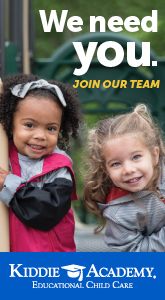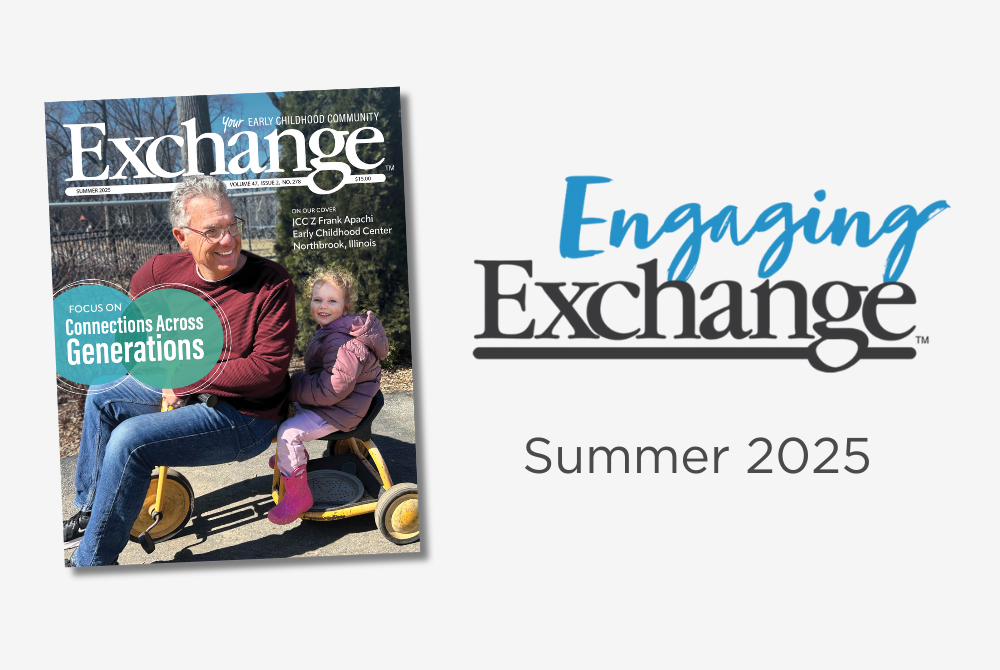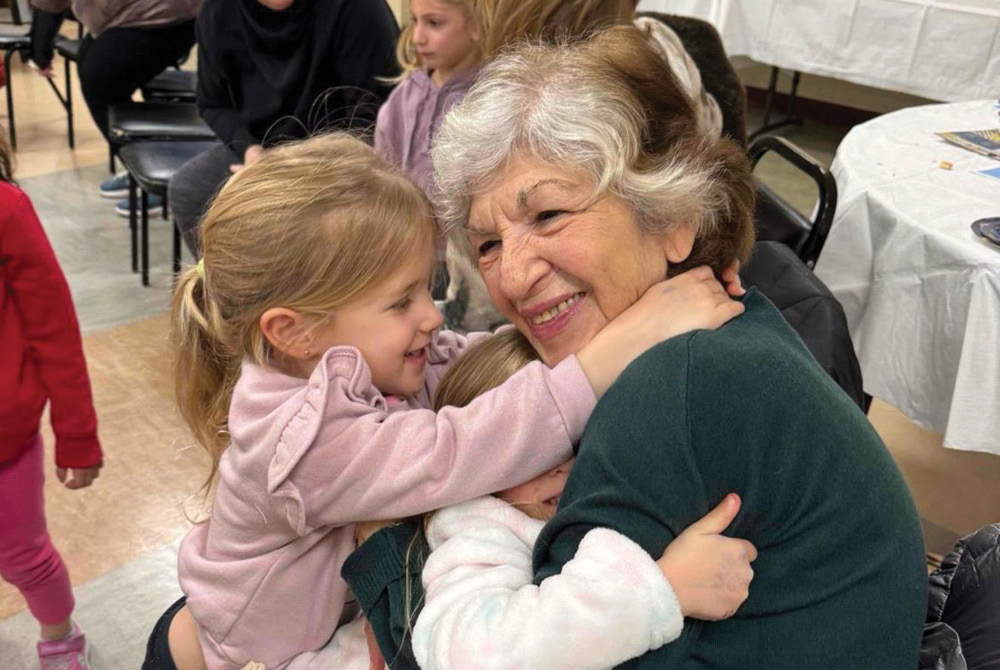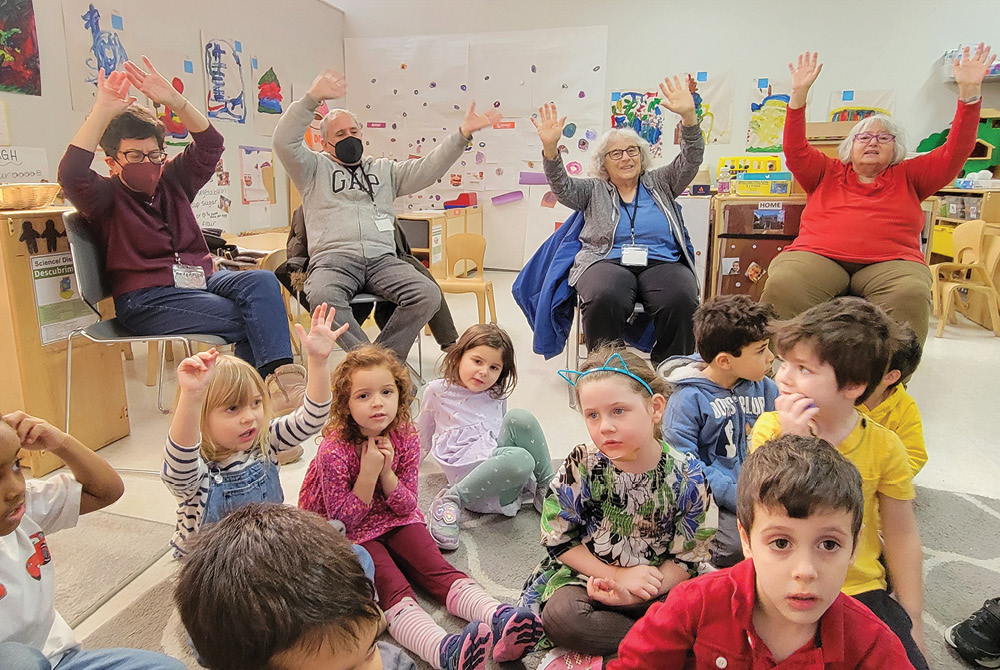February 14, 2024
Thanks for the Wrong Order, Again: Prioritizing Connection and Belonging
It’s a serious mistake to see young children mostly as future older children, nor should any child be seen as just an adult in the making. As John Dewey famously said, education is a process of living, not just a preparation for future living.
– Alfie Kohn, The Homework Myth
Your responses to “Thanks for the Wrong Order,” were full of insights, especially reflecting on, “What can shift when we truly prioritize connection and belonging over milestones and standards?”
“A transformative shift occurs for sure!” responded Aparna Atreya, “This approach fosters emotional security, enhances social skills, and promotes individualized learning by recognizing each child’s unique strengths and challenges…Children become more engaged in their experiences, contributing to a positive and inclusive environment that cultivates a sense of belonging…Ultimately, prioritizing connection establishes a joyful and supportive learning environment, shaping not only early childhood experiences but also laying the groundwork for lifelong well-being and positive relationships.”
Michele Hemenway Pullen and Kim Overton both shared that they, like I, had parents with dementia, and how very hard it was. Overton remarked, “For me, when I shifted to expecting different interactions—not knowing me, aggression, accusations—it was a lot easier for both of us. I showed up knowing that this behavior, these mistakes, were part of the development of the disease. This is not unlike human beings developing. There’s going to be mistakes, missteps, acting out, as children learn how to be in the world…It’s not ignoring the mistakes, it’s a ‘redo,’ guiding and helping them to grow at a pace and in a way that works for that child. I also like to frame the mistakes (also an interesting word: miss takes/missteps) as par for the course rather than misbehaving which keeps me feeling lighter and connected. Thank you for a chance to think deeper on this!”
Hemenway Pullen reflected, “I have seen children do things a million ways I never would have imagined. What a gift. Many are what may be called ‘mistakes.’…Thanks for the pause and chance to reflect on this important aspect of “joining our attention” to children’s thinking.
Considering milestones, outcomes and standards in many ‘required’ curricula, Francis Wardle remarked, “I tell my [adult] students that the important objectives of any curriculum for young children ‘cannot be measured.’”
Share with the hashtag #ExchangeEveryDay
Print Friendly
Related
By Debbie LeeKeenan, Sharon Goldman, Kimberlee Hendricks and Nancy Rosenow












